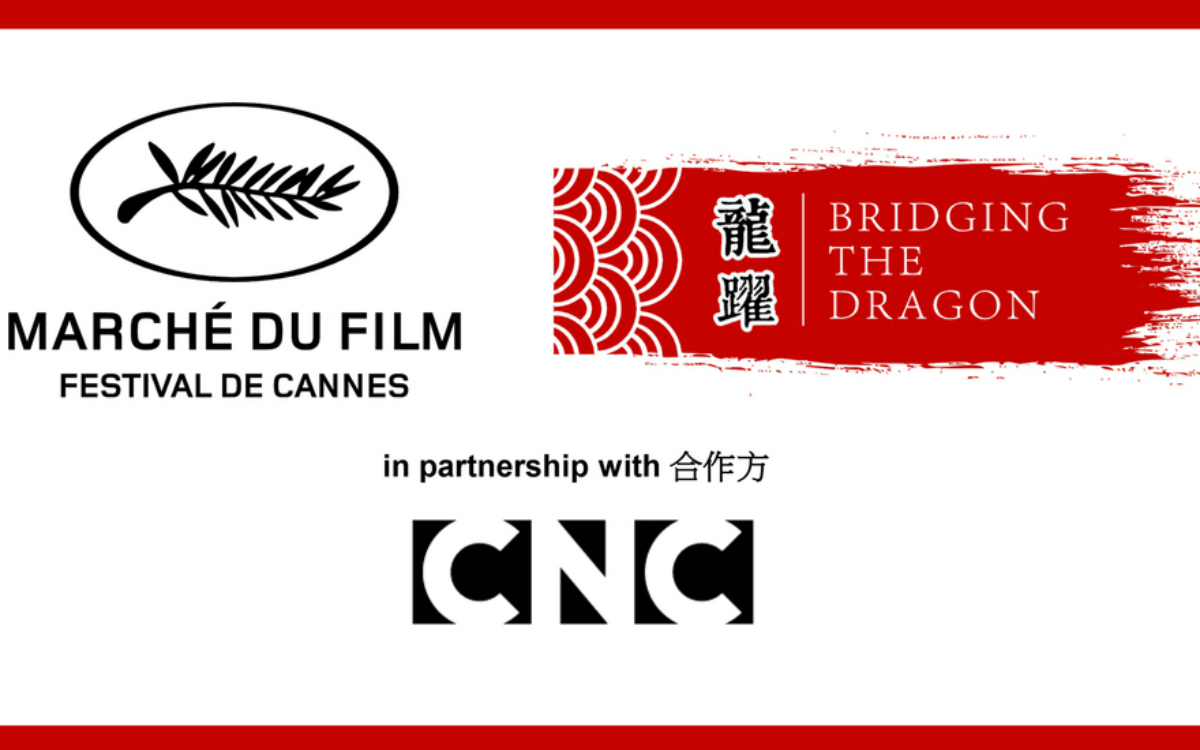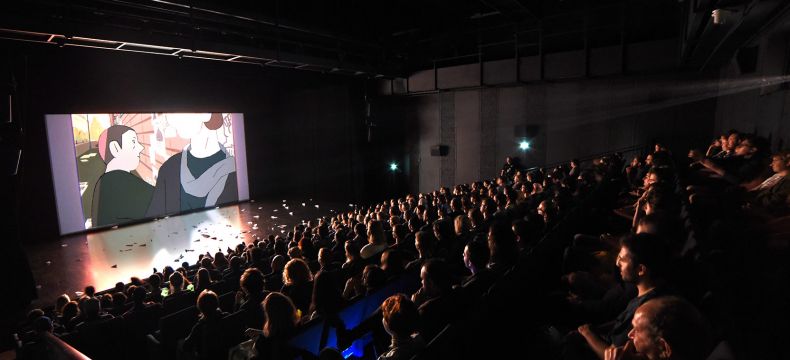China Day panels at last month’s festival focused on the growth of Chinese art house cinema and opportunities for the European and international markets.

Chinese companies were out in full force at last month’s Cannes Film Market, registering a record 600 delegates or a sharp 21% increase from the previous year.
In perhaps the highest-profile deal, Weying Technology — China’s largest online ticketing company — made further moves into the distribution sphere with its acquisition of nine Wild Bunch titles.
The growing presence of Chinese partners at international film festivals has fostered interest in cross-cultural exchange, and once-again China Film Insider’s partner Bridging the Dragon was on the scene with a “China Day” forum, helping to connect European and Chinese film parties.
Organized by France’s Centre National du Cinéma (CNC), the Marché du Film, and in collaboration with Festival du cinema Chinois en France (FCCF), the day centered around two panels that explored the new growth of Chinese art house cinema, an increased demand for more quality films and the new generation of emerging filmmakers.
Panelists included Yang Cheng, producer of 2017 Berlinale competitor Have a Nice Day, Li Ruijun, director of Walking Past the Future featured in this year’s Un Certain Regard, Song Wen, founder of FIRST, a Chinese film festival focusing on new talents, Ming Xiang, deputy director general of Weying Technology and founding member of the Alliance of Arthouse Cinema, Gary Mak, director of the cinema chain Broadway Cinematheque, and Yu-Fai Suen, managing director of Pinewood Pictures.
From a filmmaking standpoint, opportunities for art house fare are growing in the Chinese market.
“When I started making films a few years ago, it was very difficult to find the funding. Sometime I had to look for money myself or make the films with very low budgets. Now in the last few years the situation has changed completely and there is more and more resources available for independent movies.” — Li Ruijun (director, Walking Past the Future)
“The Chinese market is finally starting to be more and more diversified in terms of genres. This is creating all sorts of new opportunities for the art house film market. I think that the producers, that before saw such films only as way of buying their way into the business at very low costs, are now considering artistic films to have a new and promising potential.” — Yang Cheng (producer, Have a Nice Day)
Exhibitors and distributors are also bullish on the changes they see in the industry.
“Until some time ago it was very difficult to push art house films into the theaters. But now thanks to the new Alliance that was created among a group of players, we can rely on a good chain of cinemas that can guarantee these titles a good number of screens all over the country.” — Gary Mak (director, Broadway Cinematheque)
“We can use technology to make art house films enter every door of Chinese families. And the interactive discussion offered by social media is now creating a fast and powerful way of promoting movies at a lower cost.” — Ming Xiang (deputy director general, Weying Technology)
Following the panel, Bridging the Dragon announced two new co-productions: the animation feature Dragonkeeper (Spain) and a feature documentary Colours of China (Germany, New Zealand).
In addition, the organization announced its programme for the upcoming Sino-European Project Lab that will take place in June before the Shanghai Film Festival. The lab will once again pair European and Chinese projects with mentors and other experts in the attempt of developing co-productions and new collaborations.






